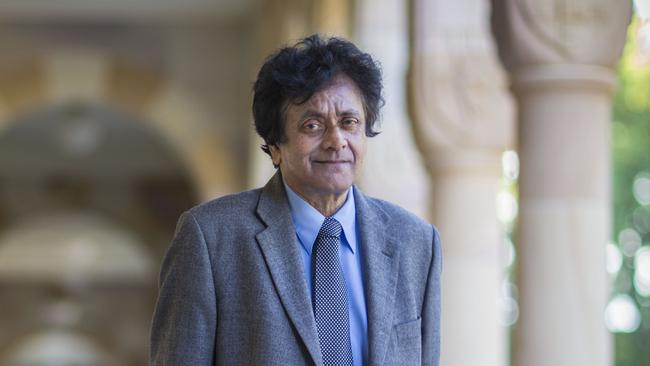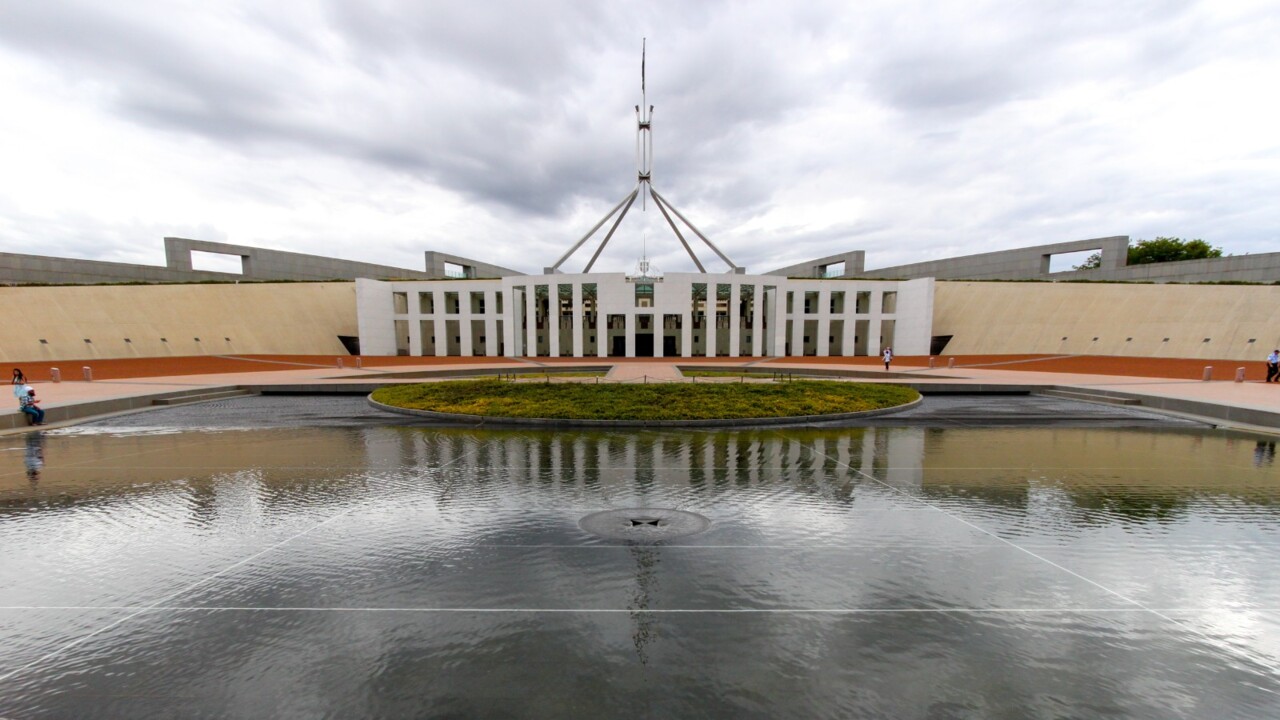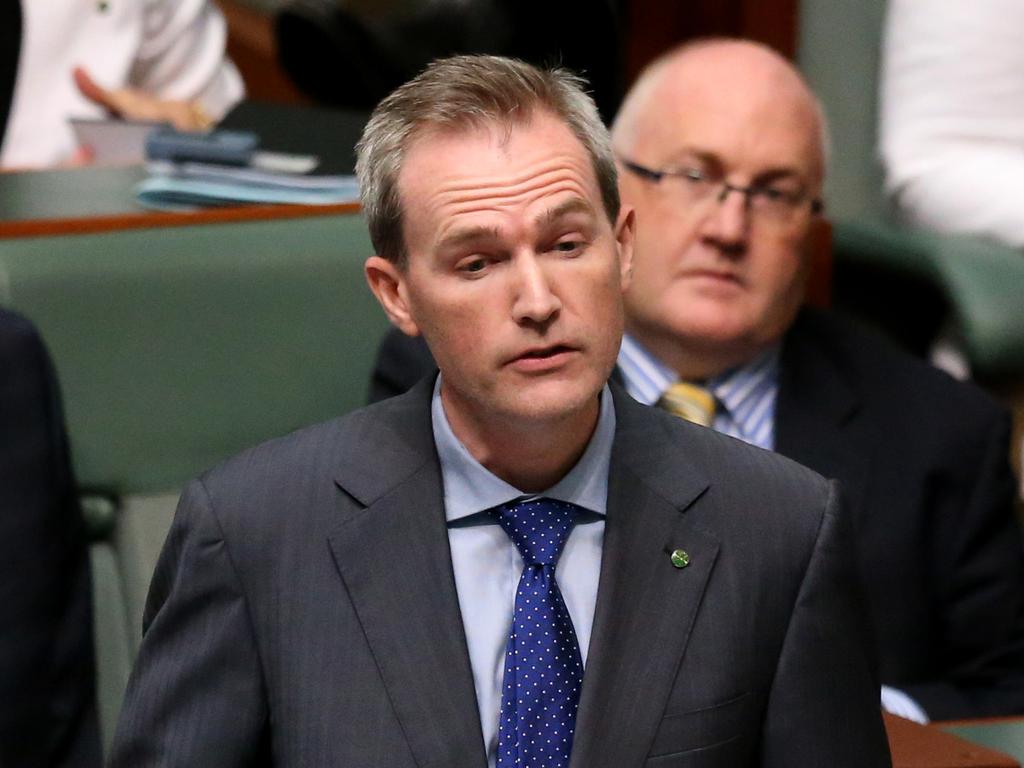Misinformation laws ‘elitist, self-serving’, academic Suri Ratnapala says
An eminent legal academic has blasted proposed misinformation laws as ‘a license to censor’, calling the bill vague and saying it would reinforce foreign influence.

A leading legal academic has blasted proposed misinformation legislation as “a licence to censor”, calling the bill vague and saying it would inevitably stifle political debate and reinforce foreign influence on Australia’s information space.
University of Queensland emeritus law professor Suri Ratnapala panned the bill as ”elitist”, saying it favoured governments, approved educational institutions and other privileged speakers by excluding them from the sweeping “self-serving” mandates of the proposed legislation.
In a joint submission on the draft legislation alongside his son, Google engineer Adrian Ratnapala, Professor Ratnapala said the laws would enable the Australian Communications and Media Authority to “pre-censor” political content based on what it believed to be harmful.
“The fundamental insight behind the freedom of expression is that no human institution has privileged knowledge of the truth,” the submission read.
“The most that either industry or ACMA could do is enforce approved narratives which might or might not be true. This is the task of a censor.”
Professor Ratnapala, who was a key figure in the Australian Law Reform Commission’s inquiry into traditional freedoms in 2015, took aim at the “weasel-words” governing the threshold of what constitutes “serious harm”, saying the vagueness of Clause 2 in the bill “creates plenty of room for capricious judgments about what amounts to harm”.
“The government tried to claim the threshold for censorship is high, because the text mentions ‘serious harm’,” he wrote.
“Even on its face, this text is replete with weasel-words.
“The censors need only determine that message is ‘likely’ to ‘contribute to’ serious harm. Worse, this threshold is vague and very much open to interpretation by industry and ACMA, especially since the bill gives users no procedure to hold the censors to this threshold.”

The Department of Infrastructure, Transport, Regional Development, Communications and the Arts will take submissions until August 20, when they will be published on its website.
Professor Ratnapala described the legislation as “backward-looking and elitist” because governments, approved educational and journalistic institutions are exempt from it.
“There is something obviously self-serving and elitist about these privileges,” he said.
“But it is also an admission of failure. It suggests that these institutions could not function properly or inform the public if subject to the kind of controls envisaged under this bill.
“The bill looks backwards by grandfathering in exemptions for Australia’s incumbent sense-making institutions, but fails to look forward and protect the speech of whatever new voices might emerge in the digital age.”
Professor Ratnapala also pointed out the proposed law could increase foreign influence on Australia’s information space, claiming well-meaning regulators who enforced the law would be “affected by the intellectual consensus formed overseas under the influence of the very companies they regulate”. “We must admit that the status quo in 2023 is already an information space shaped under the censorship of foreign platforms,” he said.








To join the conversation, please log in. Don't have an account? Register
Join the conversation, you are commenting as Logout